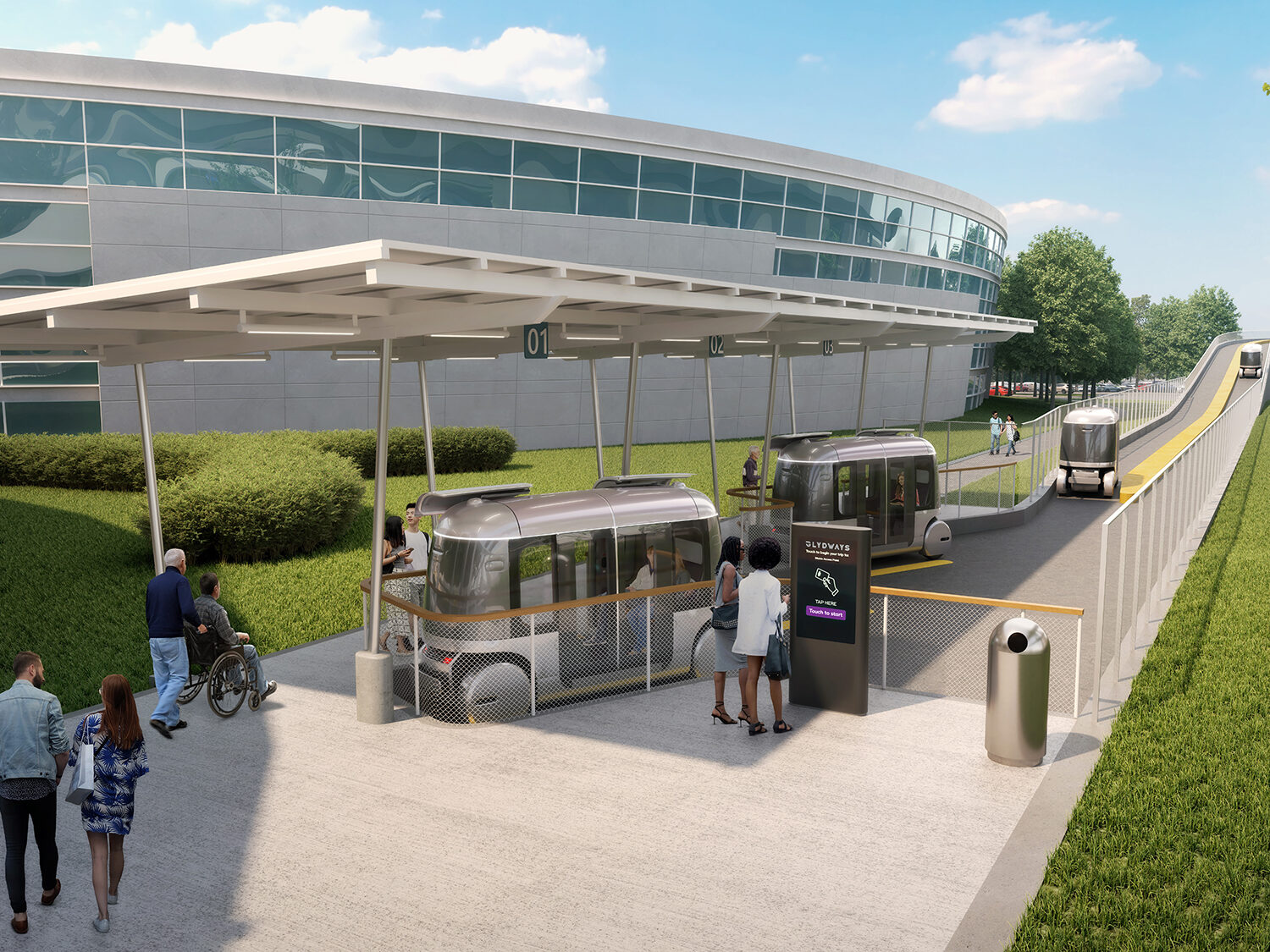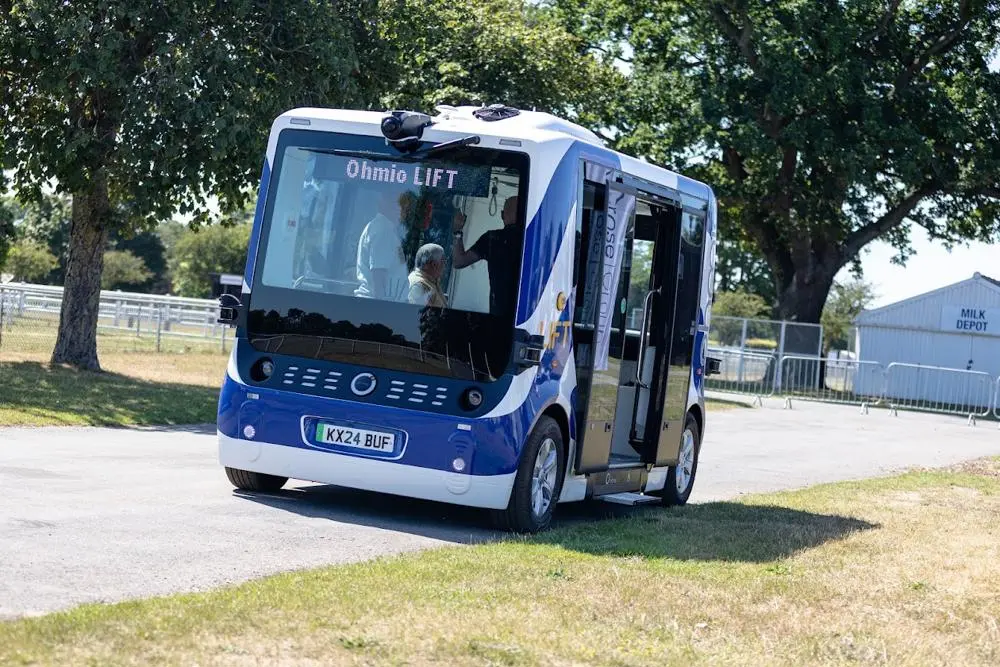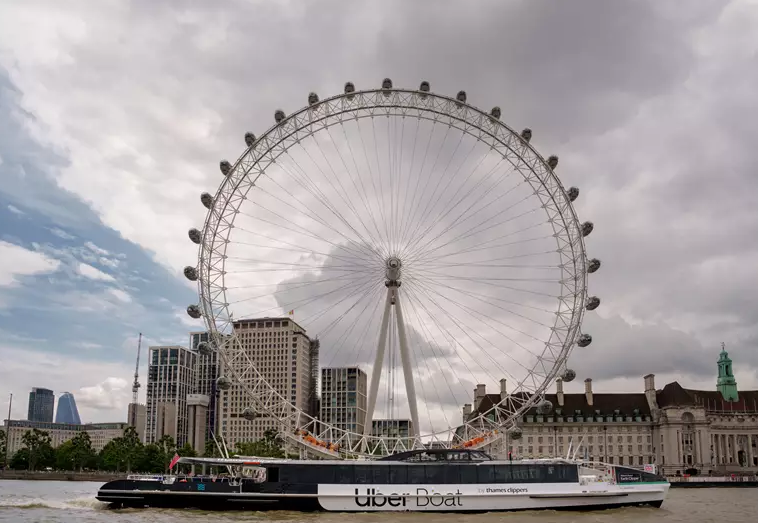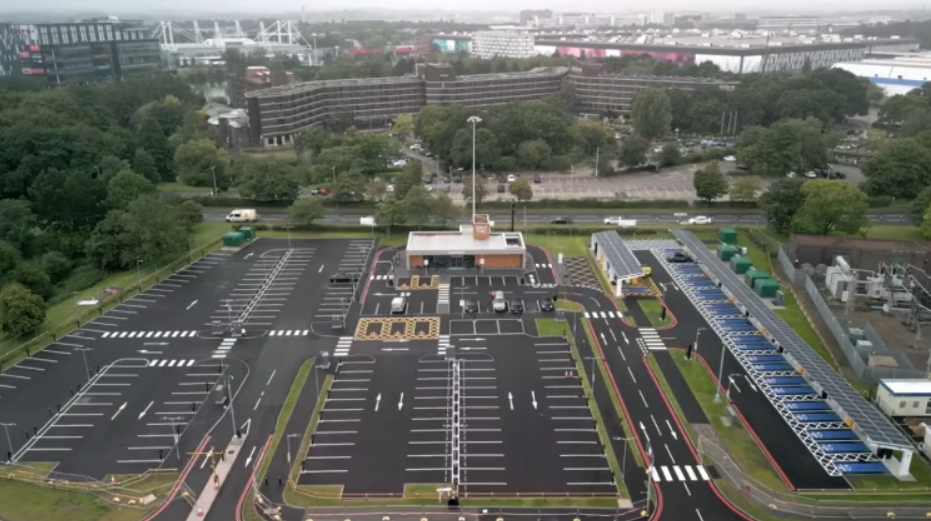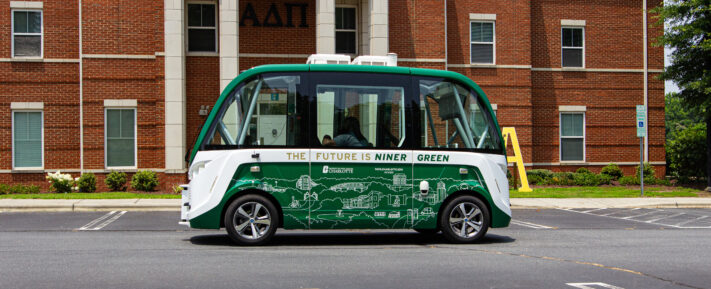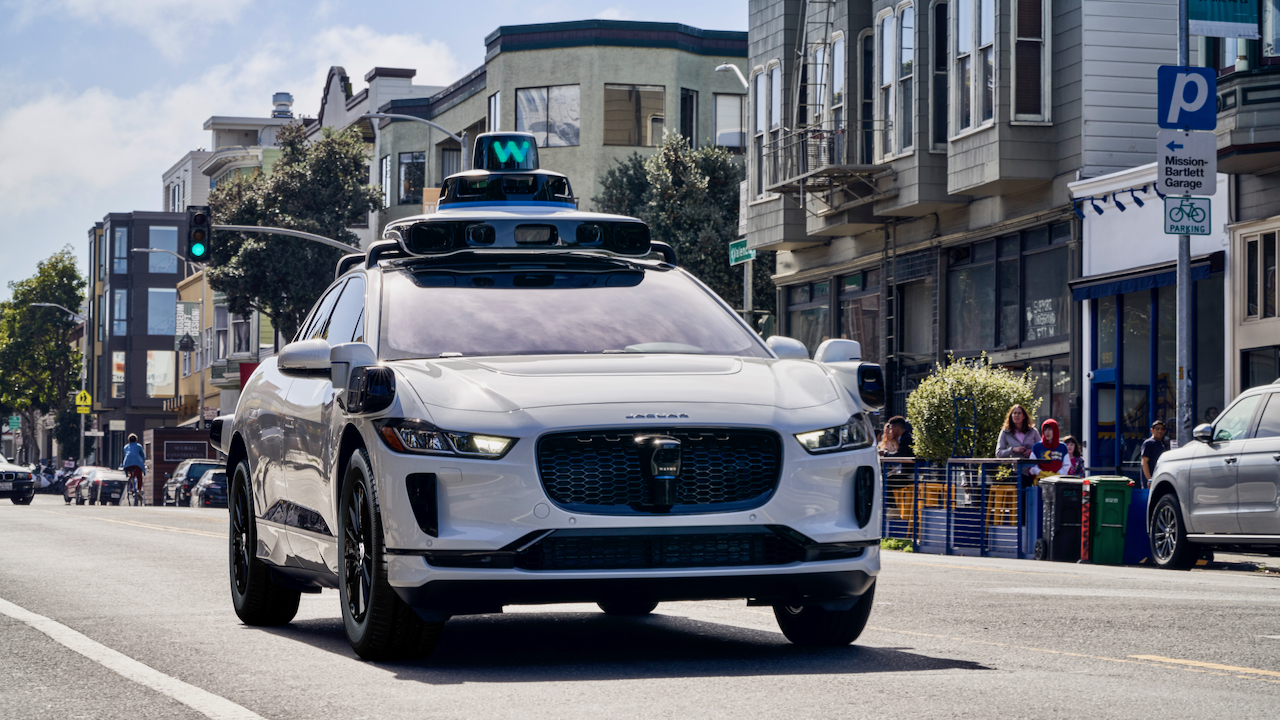The UK Transport Committee has published a report on the future of self-driving vehicles.
The new report provides recommendations related to safety, cybersecurity risks, legal liability and infrastructure to help the government introduce self-driving vehicles.
With this publication, the cross-party committee is urging the government to provide updated laws and regulations for self-driving vehicles.
It calls on the government to pass comprehensive legislation in the next parliamentary session to cover vehicle approvals, liability for crashes, cybersecurity and the use of personal data.
Transport Committee Chair Iain Stewart said:Self-driving vehicles are a great British success story in the making and we have a competitive advantage over many other countries. But all that hard work could be at risk if the Government doesn’t follow through and bring forward a Transport Bill in the next Parliamentary session, before the next general election.
Widespread take-up of SDVs faces various hurdles, including public confidence in their safety, security and their potential to have knock-on impacts on other road users. If the Government is going to meet its ambitions for self-driving vehicle deployment these knotty issues need to be addressed. We believe the Government should take a cautious, gradual approach, with SDV technologies only initially introduced in well-defined contexts, or else we risk unintended consequences.
Safety
The report said the government’s definition of safety was “too weak and too vague”.
Currently, the government requires self-driving vehicles “to achieve an equivalent level of safety to that of a competent and careful human driver”. Although self-driving vehicles could prove to be safer than human drivers, the committee believes the government needs to set out a clear strategy to ensure this is delivered.
The report also noted that automation would reduce time spent driving, leading to drivers becoming less practised and skilled. In addition, the requirement for drivers to manually take control of a vehicle may lead to them being faced with challenging scenarios at short notice.
A strategy for the future of human driving alongside self-driving vehicles should thus consider changes to driving tests and a plan to ensure all drivers fully understand self-driving vehicles.
Cyber Security and Legal Liability
Self-driving vehicles present complications in legal liability due to the shared responsibility between the owner and vehicle software operators, according to the report. This can cause potential problems for the insurance industry.
In addition, self-driving vehicles have connected capabilities that lead to cyber security risks, which should be addressed in related laws.
The committee is therefore urging the government to establish a new regulatory regime to overcome these challenges.
Infrastructure
Self-driving vehicles will need well-maintained roads with clear signage, nationwide connectivity and up-to-date digital information about the road network.
The committee concluded the government therefore needs to ensure these preparations are an integral part of its future infrastructure strategy.
Deployment
The committee also advised caution in gradually deploying self-driving vehicles to ensure they do not worsen congestion or create more inequalities in transport access.
For example, self-driving private hire vehicles need to offer the same assistance to disabled people as human-driven ones if they are widely deployed.




